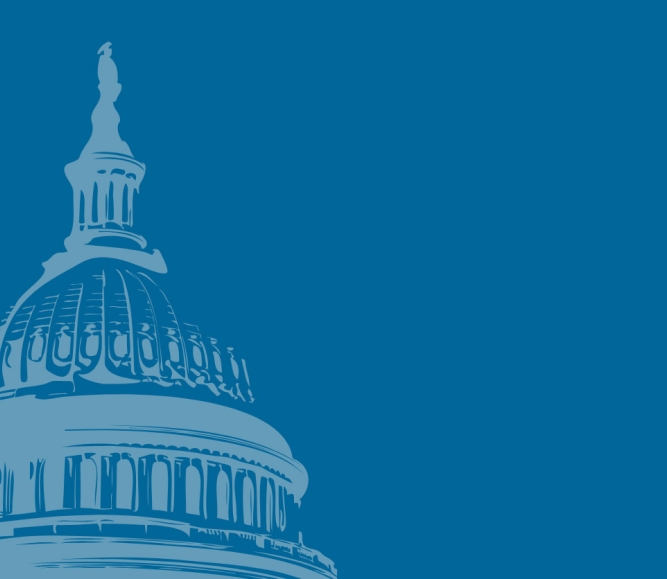USDA Rural Development announces new Rural Health Liaison
Author

Blaire Bryant
Upcoming Events
Related News

Key Takeaways
On March 28, the U.S. Department of Agriculture (USDA) named Kellie Kubena as the Rural Health Liaison. The Rural Health Liaison will operate within the USDA Rural Development Innovation Center. Kubena has been serving as the Acting Rural Health Liaison since 2021 and also served as the Deputy Chief Innovation Officer for USDA Rural Development since 2019.
In this role, Kubena will partner with the U.S. Department of Health and Human Services (HHS) to ensure the USDA is meeting the heath needs of residents in rural counties and improve the delivery of services in rural health care systems. Additionally, Kubena will serve as the first point of contact for rural communities seeking health care related technical assistance, guidance and support as well as coordinate efforts between federal agencies regarding rural health challenges. Moreover, the Rural Health Liaison will work with rural counties to ensure awareness of available USDA resources to strengthen their health care infrastructure.
NACo recognizes the vital role that health care plays in rural America and supports strengthening the health care delivery system. Approximately 15 percent of the nation’s population lives in 2,050 counties deemed ‘non-metropolitan’ or rural, accounting for over 72 percent of the nation’s total land area. Counties applaud the USDA’s efforts to address the diverse health care challenges rural counties face, strengthen existing partnerships between rural communities and federal agencies and work to improve health care access, delivery and outcomes.
Additional Resources
- NACo Policy Brief: Maintain Funding for USDA Rural Development Programs
Resource
Maintain Funding for USDA Rural Development Programs

Related News

Drug tracking software helps counties identify trends, save lives
Florida counties are using an artificial intelligence tool called Drug TRAC to track and report drug trends, with the aim of providing quicker outreach and saving lives.

White House Executive Order establishes national substance use disorder response
On January 29, the White House issued an Executive Order (EO) establishing the Great American Recovery Initiative, a new federal effort aimed at coordinating a national response to substance use disorder (SUD).

USDA and HHS release new dietary guidelines
On January 7, U.S. Department of Agriculture Secretary Brooke Rollins and U.S. Department of Health and Human Services Secretary Robert F. Kennedy, Jr. unveiled the new Dietary Guidelines for Americans, 2025–2030.